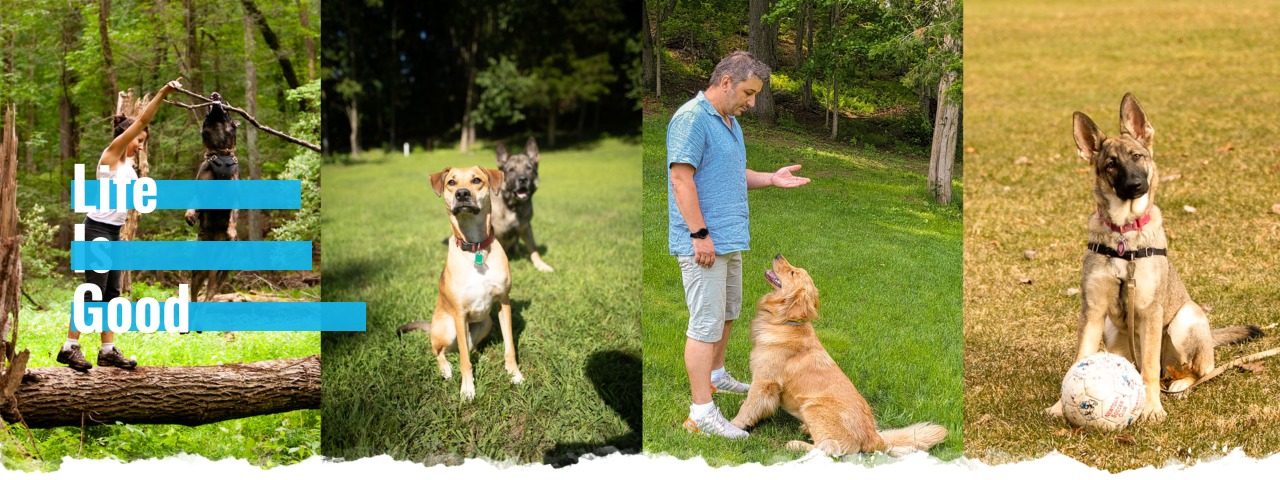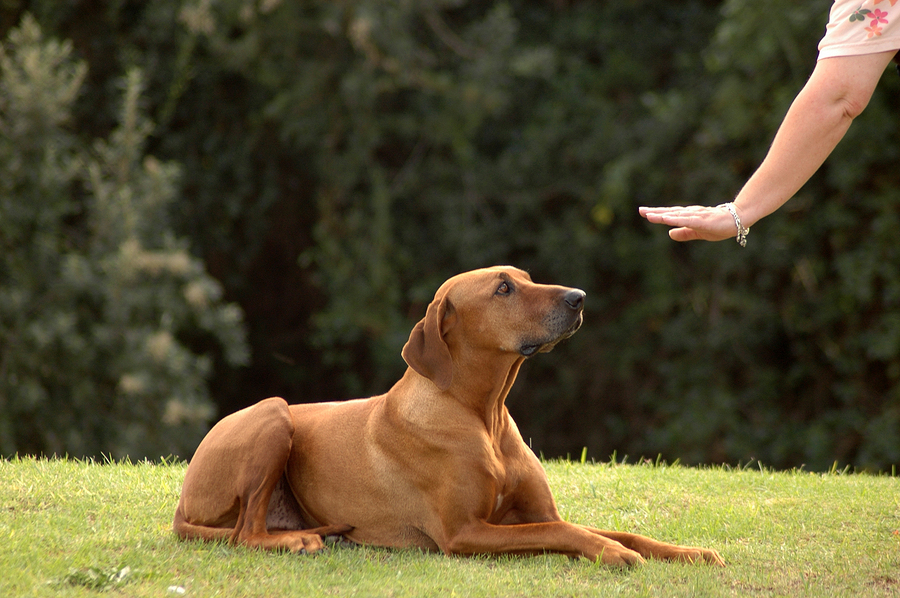Beginning Your Pet dog's Journey with Effective Dog Training For Dogs
Beginning Your Pet dog's Journey with Effective Dog Training For Dogs
Blog Article
Top Pet Training Strategies for each Stage of Your Pet Dog's Life
Reliable dog training is important at every stage of a pet dog's life, as each stage offers distinct obstacles and opportunities for growth. It is vital to recognize that training should progress together with a pet dog's development, making sure that methods remain relevant and reliable.
Young Puppy Training Essentials
Puppy training essentials lay the groundwork for a well-behaved adult canine and include a number of essential components that should not be ignored. The first stage of training focuses on establishing a strong bond in between the young puppy and its proprietor, which is vital for effective interaction. Socializing is paramount; subjecting puppies to numerous environments, individuals, and other pets aids them create confidence and flexibility, lowering the possibility of behavioral problems later on in life.
Standard commands, such as sit, remain, and come, create the structure of obedience training. Using positive support techniques, such as treats and praise, encourages desired actions and fosters a favorable learning experience. Consistency in commands and training sessions is crucial, as pups flourish on routine and structure.
In addition, residence training is an essential element of pup training. Establishing a regular timetable for washroom breaks and using marked areas can help reduce crashes and advertise great routines. In general, a well-rounded technique to puppy training, integrating socializing, obedience, and house training, establishes the phase for a well-adjusted adult dog, ensuring a harmonious relationship in between the pet dog and its proprietor.
Teen Habits Monitoring
As pups grow into teenagers, their behavior can alter dramatically, frequently providing new obstacles for owners. This developing stage, normally happening between 6 months and two years, is marked by increased power degrees, inquisitiveness, and an expanding feeling of independence. Understanding these changes is important for reliable habits monitoring.
Teens may display defiant propensities, such as disregarding commands they formerly grasped or engaging in destructive habits. Uniformity in training remains critical; strengthening discovered habits via positive reinforcement can help counteract these obstacles. Brief, appealing training sessions are important to maintain their rate of interest and focus.

Furthermore, establishing an organized routine can significantly improve an adolescent dog's feeling of safety. Normal exercise is crucial to funnel their energy positively, reducing the chance of undesirable behaviors. By using these methods, proprietors can properly browse the complexities of adolescent actions, cultivating a well-adjusted, happy canine companion.
Grown-up Pet Dog Obedience Techniques

Favorable reinforcement remains a key method; satisfying etiquette with deals with, appreciation, or play motivates conformity. Uniformity is crucial; the very same commands and rewards should be used by all relative to stay clear of confusion.
Incorporating training into everyday routines can additionally work. Method commands try this site during strolls or dish times, allowing training to blend effortlessly into everyday life. Participating in organized tasks, like dexterity courses or obedience classes, can further improve a dog's skills while giving useful socialization possibilities.
It is vital to acknowledge that grown-up dogs may also display stubbornness or complacency. Changing training methods to preserve their passion, such as varying rewards or presenting brand-new commands, can help endure motivation. In general, an ongoing dedication to obedience training will certainly foster a well balanced and well-behaved grown-up dog.
Senior Pet Adjustment Strategies
Recognizing the unique requirements of elderly pet dogs is crucial for ensuring their convenience and health. As pet dogs age, they might experience a decrease in flexibility, vision, and cognitive feature, necessitating tailored adaptation techniques.
First, think about customizing the living environment. Guarantee that the home is secure and available; eliminate obstacles and provide non-slip surfaces to stop falls. Additionally, think about utilizing ramps or steps to aid them access their favored spaces.
Second of all, workout ought to be adjusted to represent decreased endurance and joint health (Dog Training For Dogs). Participate in much shorter, extra frequent strolls, and include mild tasks like swimming, which can be advantageous for arthritic joints
Moreover, psychological stimulation continues to be essential. Use straightforward problem playthings or engage in scent work to maintain their minds sharp, while preventing frustrating tasks that might irritate them.
Finally, routine vet check-ups are important to monitor health and wellness changes and adjust treatment regimens as necessary. By applying these adjustment methods, you can improve the top quality of life for your senior pet dog, guaranteeing they age with dignity and pleasantly.
Lifelong Discovering and Enrichment
While pet dogs of all ages gain from discovering and psychological stimulation, long-lasting enrichment is especially essential for preserving cognitive health and emotional health in both elderly and more youthful pop over to this site dogs. Engaging activities not only enhance a pet's high quality of life yet additionally enhance the bond in between the pet dog and its proprietor.
Enrichment can take numerous forms, consisting of interactive toys, challenge feeders, and scent work, which boost a pet dog's detects and urge analytical. Routine training sessions, incorporating new commands or tricks, keeps their minds sharp and promotes a sense of accomplishment. Socialization with other dogs and individuals is equally crucial, as it assists stop behavioral problems and cultivates versatility.
In addition, incorporating workout right into a pet's regimen is necessary for total health and wellness. Tasks like dexterity training, fetch, or long strolls give both physical and psychological stimulation, guaranteeing pets stay delighted and engaged.
Finally, think about differing the setting by introducing new locations for walks or playdates. This modification can reignite a pet dog's inquisitiveness and excitement for exploration. Long-lasting knowing and enrichment not only contribute to a fulfilling life yet additionally advertise an unified relationship with your canine friend.
Final Thought
Efficient pet dog training methods develop throughout a dog's life, attending to the distinct demands of each developing stage. Stressing routine psychological excitement, socialization, and physical exercise promotes a balanced and fulfilling life for pet dogs.
Efficient pet training is necessary at every view phase of a dog's life, as each stage provides unique difficulties and chances for development.Puppy training basics lay the groundwork for a well-behaved grown-up pet dog and include a number of key components that must not be overlooked. In general, a well-rounded method to puppy training, integrating socializing, home, and obedience training, sets the phase for a well-adjusted grown-up dog, making certain a harmonious relationship between the pet dog and its proprietor.
Several dog owners may locate that grown-up canines, while generally even more stable in behavior than their teenage equivalents, still call for consistent training to keep obedience and excellent manners.Reliable canine training methods evolve throughout a canine's life, resolving the one-of-a-kind needs of each developmental phase.
Report this page